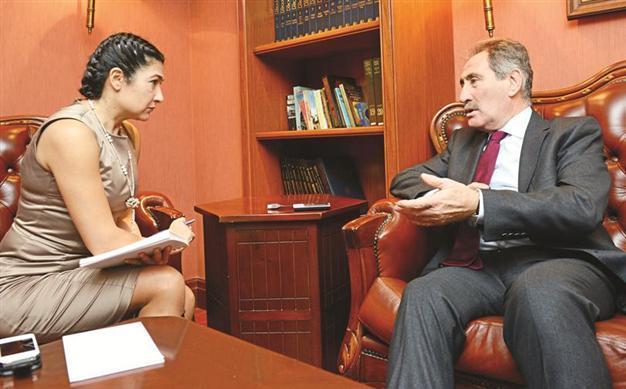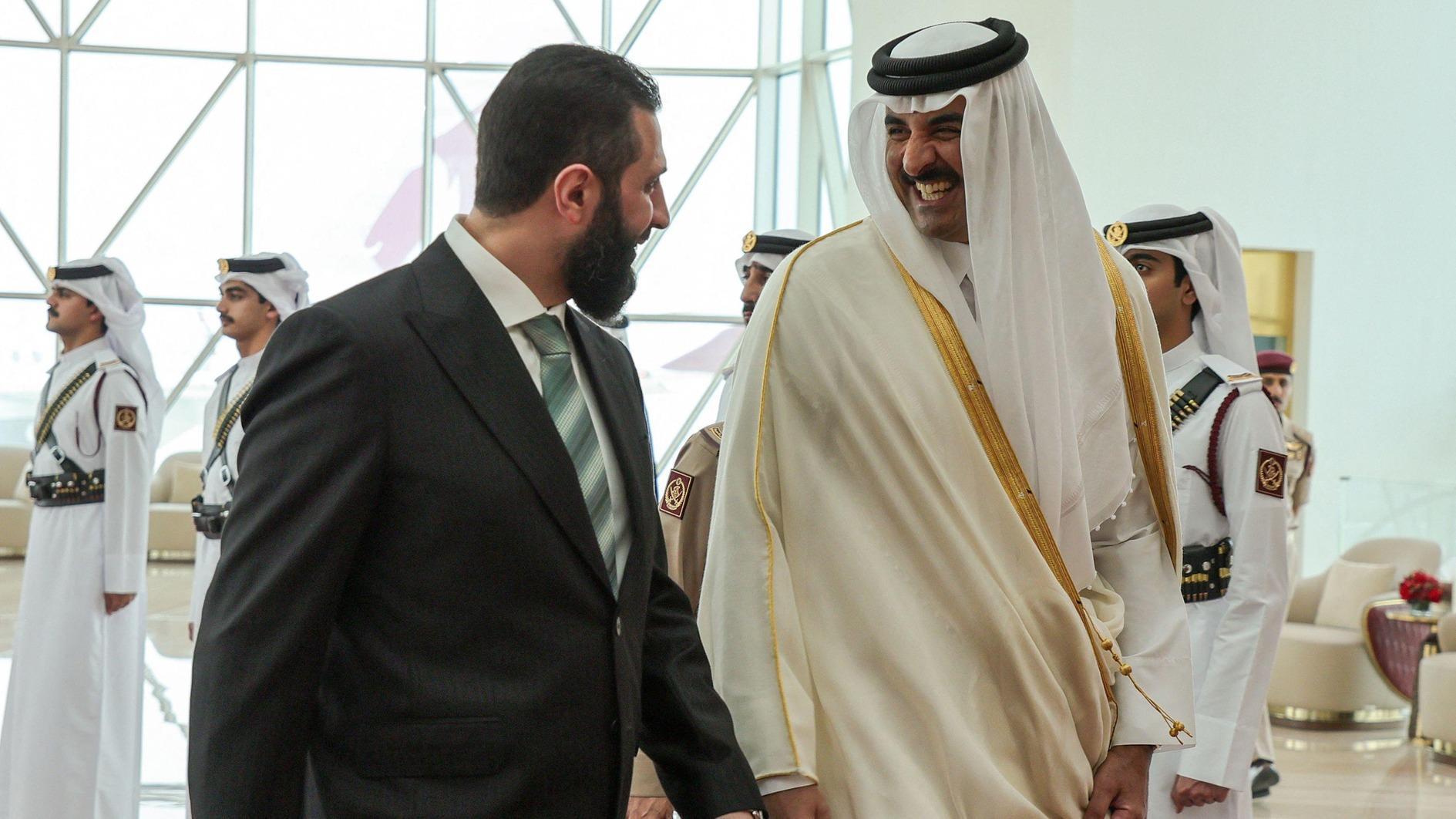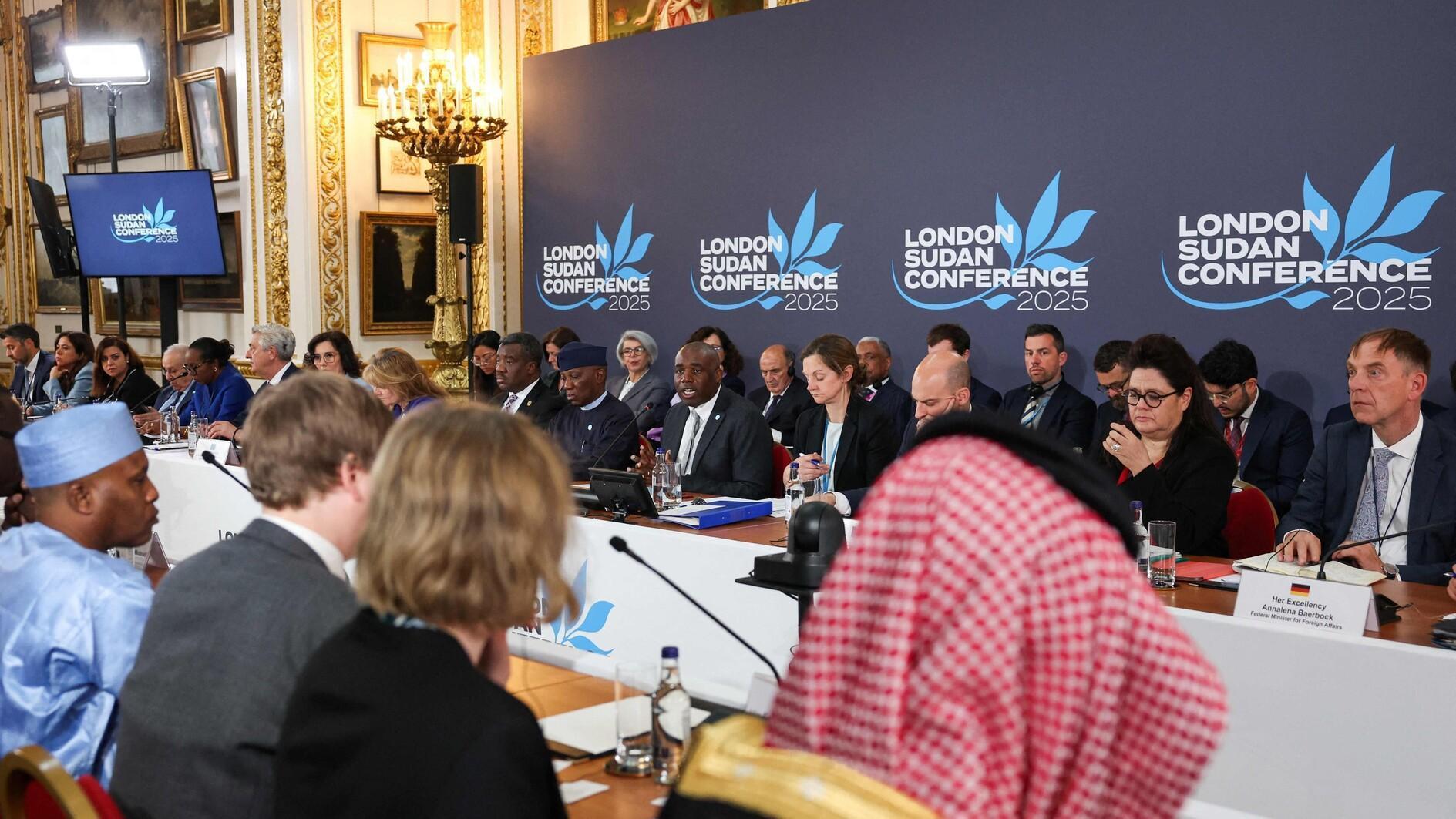Turkey’s artifacts move panics West museums
ISTANBUL - Hürriyet Daily News

Culture Minister Ertuğrul Günay, who has been criticized in Western circles for his efforts to secure the return of stolen cultural artifacts, says their reactions demonstrate that he is correct. DAILY NEWS photo/ Hasan ALTINIŞIK
Turkey remains committed to repatriating all the artifacts that have been stolen from its soil over the years, Culture and Tourism Minister Ertuğrul Günay has said while expressing hopes that regional neighbors will also receive back their ancient treasures.“Western museums are very concerned about the establishment of a joint policy in Eastern Europe and the Middle East,” he recently told the Daily News. “I see that museums in Europe are in panic. People with self-confidence don’t react like that.”
What did Ertuğrul Günay do differently from his predecessors to effect the return of so many stolen archaeological artifacts?
We acted resolutely. We pursued each case with persistence. We also became conscious of the cards in our hands and started to use them. We became aware of the importance of the means in our hands.
Can you elaborate?
There are lots of artifacts, especially in several European museums. If we find out that an artifact which we can prove was illegally taken out of Turkey, we ask for the return of that piece. Our museums have an important inventory; you can’t hold certain exhibitions, for instance an Ottoman exhibition or an exhibition on Eastern Roman civilization, by discounting our museums. When a museum seeks our cooperation to hold an exhibition, and if that museum has a stolen artifact, then we ask for the return of that piece.
Second, there are numerous archaeological excavations in Turkey. Of the more than 120 excavations, 40 are being conducted by foreign institutes. The findings in these excavations are very important for archaeology. We remind them that although museums and excavations are two separate issues, at the end of the day, if we are pursuing scientific cooperation, this needs to rely on ethical rules and we should be watching reciprocally over our rights.
Finally, we are an important country and in the center of a region which has been looted. We have Greece in our west and Syria, Iraq and Egypt in our east. We started to cooperate with other countries; we signed an agreement recently with Bulgaria, for instance. I believe we will be signing similar agreements with Greece and Egypt.
In diplomacy, this strategy is called a carrot-and-stick policy.
No, I absolutely do not accept that terminology. Obviously, excavations and stolen artifacts are separate issues. However, both sides need to benefit, as does world science. “You have been doing excavations in my country for decades, you have not left much, you took away the most precious artifacts and on top of it, in addition to all those artifacts that you took to your museum, you have stolen artifacts in your museum and I will continue to work with you under these conditions.” That would not be a relationship based on mutual respect.
It seems there is tremendous unease due to Turkey’s new stance.
There is not a single week in which there is not a statement from the director of a Western museum in a big newspaper. They claim Turkey is acting arrogantly due to its recent economic successes; I have been accused of chauvinism. I haven’t even come near chauvinism in my whole life. What I am saying to my interlocutors is this: we are showing respect to history. We are not just asking for Ottoman or Seljuk artifacts; I am also laying claim to pieces from the Roman period or the pagan period. Why? Because we are aware that safeguarding your history, archaeology and your museums is an element of development.
They tell us; you did not know the value of them in the past. We say: “You looted in the past and we were not aware of their value.” On top of it, there has not just been destruction during the last 50-60 years, but in the distant past as well, like during the Byzantine period. There was a lack of awareness in the past. But today, the world has reached a certain level of development and we have caught up with that level of development, and we are now establishing museums above world standards. I have inaugurated 10 new museums during the past five years. We are working on the construction of new museums. I have an additional 19 projects on my desk. We are trying to exhibit Turkey’s pieces to the world in the best way possible, and that’s why we are saying it is our right to have these pieces and safeguard and exhibit them.
There seems to be an anti-Turkish lobby working on a systematic smear campaign.
There is indeed. Look at the article that was published in Der Spiegel [an interview with Hermann Parzinger, the president of the Foundation of Prussian Cultural Heritage]. While [Parzinger] tried to defend himself with inconsistent arguments, that member of the press gives credit to our position. What is important for me is not his statements, but the questions. These questions show that the world intellectual community is [acknowledging] out rights.
Turkey is accused of double standards and has been sent the message that it also has archaeological artifacts in its hands that it will need to return.
I have no problem with that. If there is international legislation that says all artifacts are to be exhibited on their original soil, we will return everything. But we are in a different situation. Pieces came from Saida and Sur [in Lebanon] – they were Ottoman lands. We have not stolen them from other countries; we have not exploited a lack of awareness or abused some so-called agreements. Our scientists who went there worked legally, like Osman Hamdi Bey and brought back some artifacts. However, if one day there is an international legislation that says, those artifacts that are from lands that are no longer within your borders, we’ll do it. But if we return 200 [artifacts], then the world will have to return back 20,000 artifacts to Turkey.
So you are committed to remaining strong against the anti-Turkish lobby.
Very much so. Actually this lobby is not only against us but against the awakening of all Eastern Europe and Near Asia. Western museums are very concerned about the establishment of a joint policy in Eastern Europe and the Middle East. There is nothing stolen in our museums or in Greece’s museums. But European museums are full of artifacts from Turkey, Greece, Iraq and Syria. That’s why they’re worrying.
Are these cases becoming an example for others?
Whenever I go abroad in countries in the neighborhood, my interlocutors tell me they are following Turkey’s struggle very closely; they are very happy about the outcomes and that they themselves started new policies in that direction.
What’s the best strategy for Turkey; is it to do it on its own or join hands with other countries?
I am for joint action because while I want to safeguard artifacts that belong to Turkey, I am also for the return of all artifacts to Greece or Egypt.
One could criticize Turkey and say, “We’ll give it back, but will you be able to protect it?” Look how the famous Winged Sea Horse Brooch was stolen from a museum in Turkey by the very officials that were responsible for protecting it.
We also hear of very important pieces being stolen from very prominent museums in Europe.
A bad example is not a good example.
Precisely – a bad example can’t be a good example in our case as well; we have thousands of other pieces in our museums that remain safe. There are only a few cases of steeling.
There is also the case of banning metal detectors, which has not been possible for years.
The energy minister has a different approach to the matter, but it is also on our agenda. Look, the capacity of our museums is rising everyday; security measures are being enhanced, our capacity for exhibitions is expanding. I used to be jealous of European museums in the past, but now I see with pleasure that some of our museums have much better standards.
But illegal trafficking needs to be prevented as well.
We are taking measures in that direction as well. Our initiatives have dealt a blow to illegal trafficking. We have secured the return of certain artifacts because the smugglers were unable to sell it in the “market.” The market is becoming saturated. You know, we have told the Louvre Museum [in Paris] to have reciprocal examination of inventories. We still have not received a reply.
What do you think about the initiative to apply to the European Court of Human Rights?
It is a civilian initiative. They brought the project to me, and I told them I hope they will get the desired outcome. But I do not know whether they will get a result since the court does not have a decision of that kind.
It is said that the initiative is doomed to fail because the artifact for which there will be an application to the ECHR was sent with a decree from an Ottoman sultan.
These decrees are controversial as well. Actually, we are keeping these cases out of discussion. International legislation does not provide for the return of artifacts that have been taken out based on some documentation. Those who have made passed this type of legislation are the European museums that have gathered all these artifacts. I believe that the legislation will also change in the future and hope that the return of all pieces to where they originally belong will be [mandated by] international legislation.
Perhaps Turkey will lead initiatives in that direction?
Perhaps; but a lot of institutions need to change. Look at the United Nations Security Council. It does not answer to the needs of the current world. The current international legislation [about archaeological artifacts] equally does not fit in with current world realities.
Turkey is also accused of not keeping its promises of cooperation.
There are accusations that there are no longer excavations done by the Germans or the French, and they say we didn’t permit any excavations last year but gave permission only for restorations. What we have done was not limited to foreign excavations but to all excavations. What we are saying is this: you have been excavating for years but you do not properly conserve your findings, you do not do restorations, you do not even design a walking route for visitors. We told everybody to [improve] the excavation areas. This is a requirement of science, and it has been neglected for a long time.
What do these reactions tell you?
These reactions tell me we are right. Very experienced diplomats warned me that ministers before me have also tried but failed. They said “it’s not just you that won’t achieve much; you will also become the bad guy.” But we got the results in time as a result of our persistence. I see that museums in Europe are in panic. People with self-confidence don’t react like that. I talk in a very civilized manner, and I don’t even voice heavy accusations because I am basically right. Turkey is headed on the right direction and should never give up. And let me add that we have not spent a dime for all our initiatives to enable the return of artifacts. There is still a lot to be done. But this has turned into an awakening, and if we remain persistent and this becomes a regional policy, there could be substantial changes in world museums in 20 to 25 years.
Who is Ertuğrul Günay ?
Born in 1948, Ertuğrul Günay graduated from Istanbul University Faculty of Law and started his political career in the early 1970’s in the People’s Republican Party (CHP).
In the election of 1977, he became the youngest member of Parliament to be elected to the Turkish Grand National Assembly. He served jail time after the military coup in 1980 and in the local elections of 1994 he was the CHP’s candidate for Istanbul mayor.
He joined the Justice and Development Party (AKP) prior to the elections in 2007. He was elected as a member of Parliament from Istanbul in 2007, then re-elected from İzmir in 2011. He has been the Minister of Culture and Tourism of Turkey since 2007.
Günay led some civil initiatives like “Humanitarian Initiative for Bosnia,” the “Eastern Conference” and the “New Political Initiative.”
















